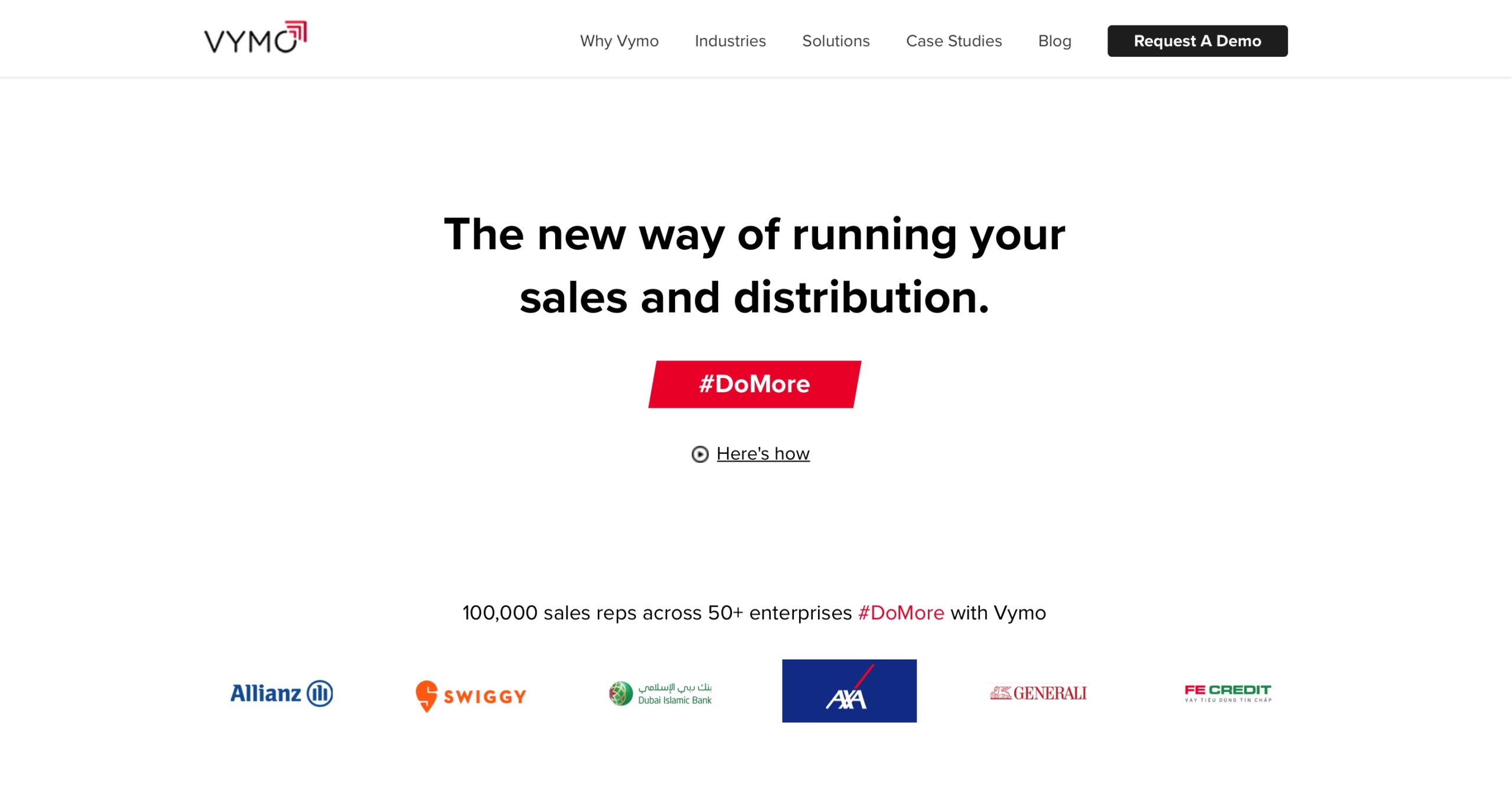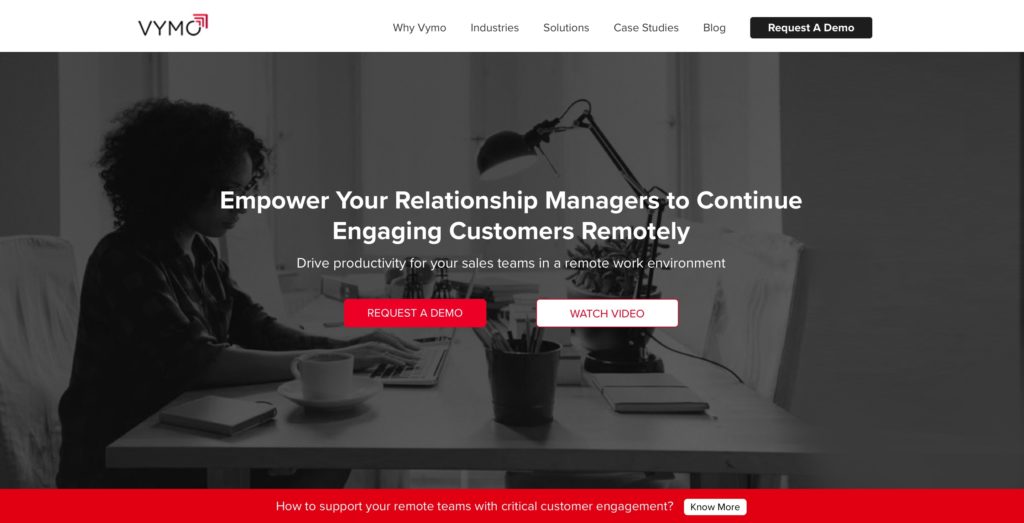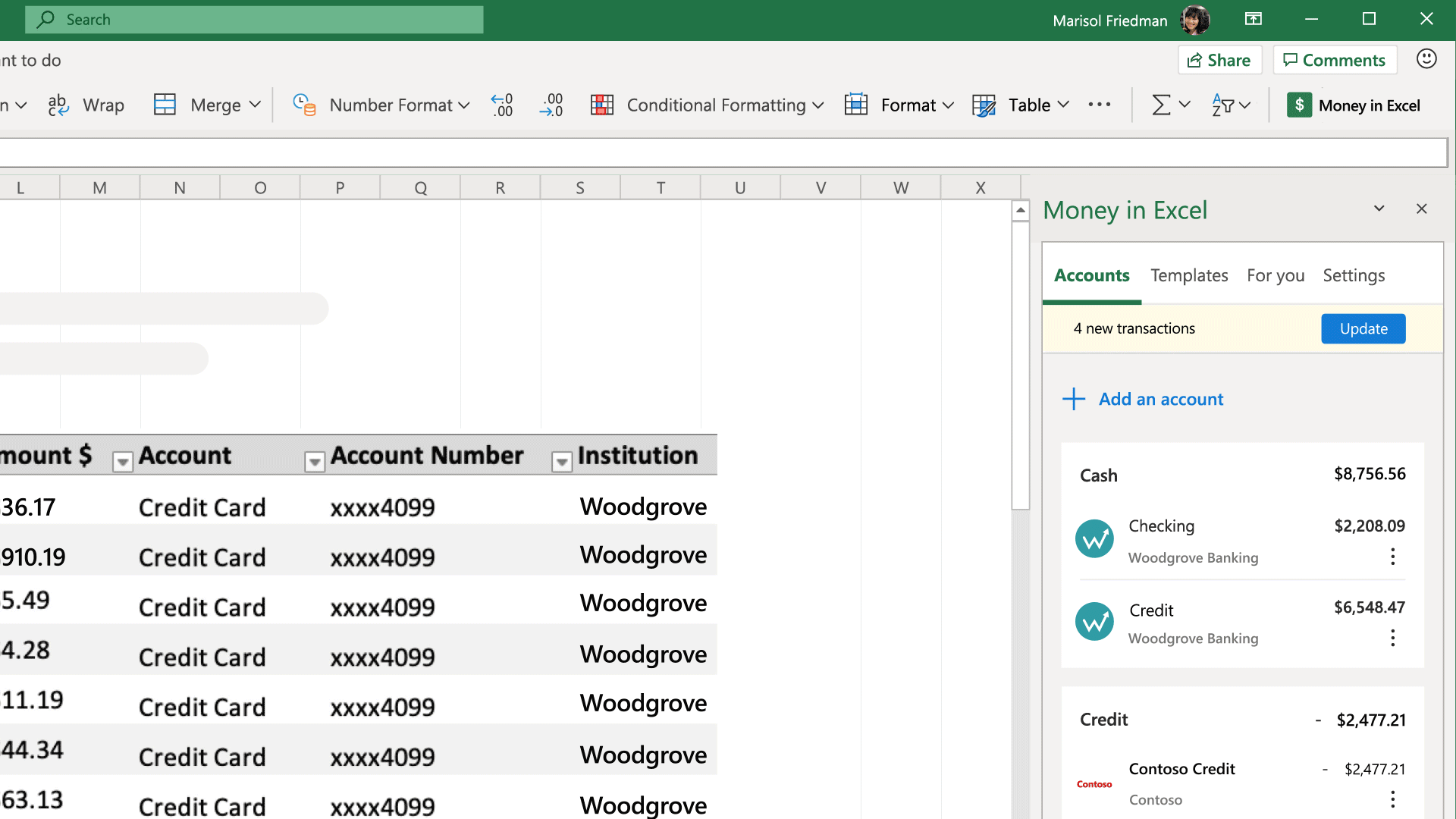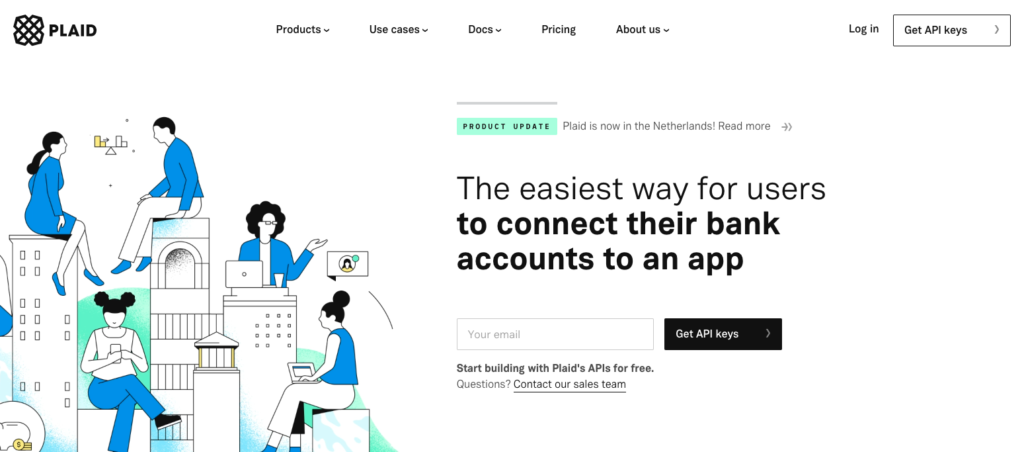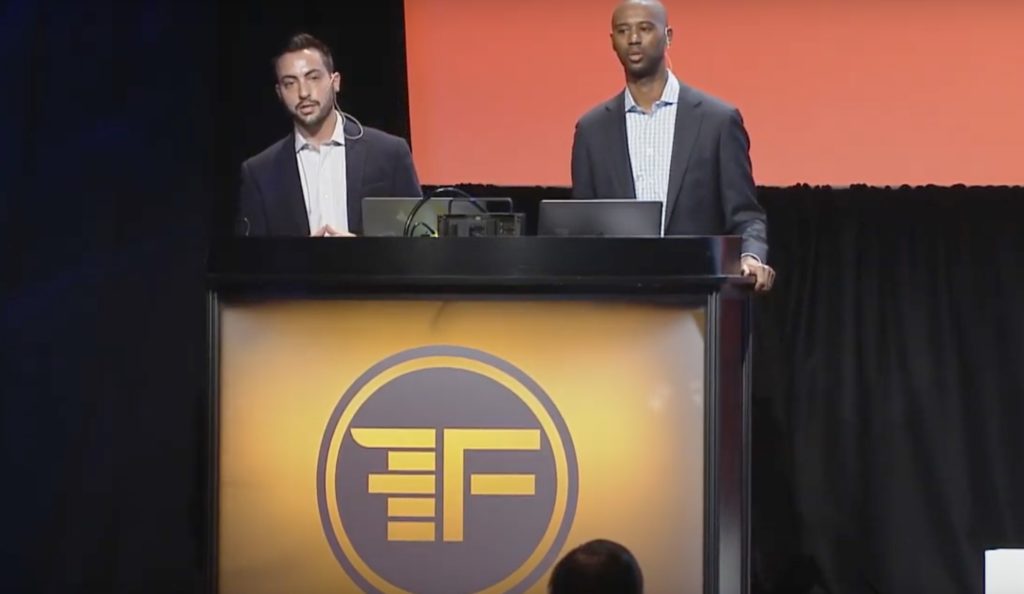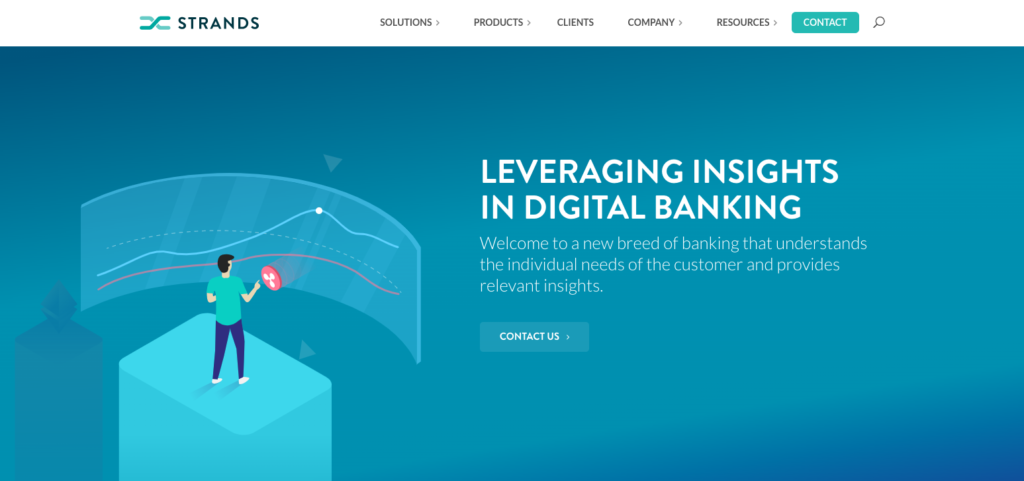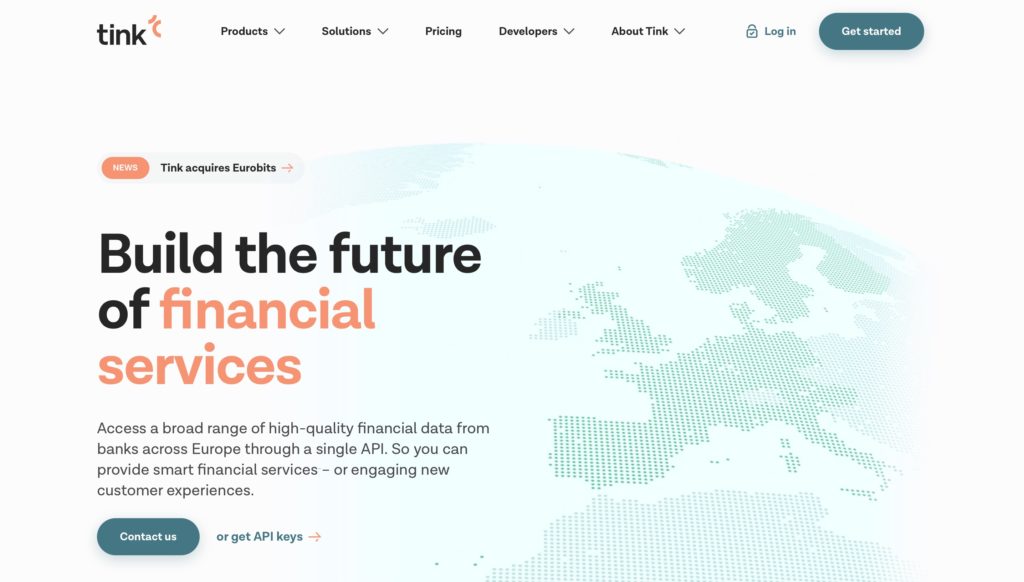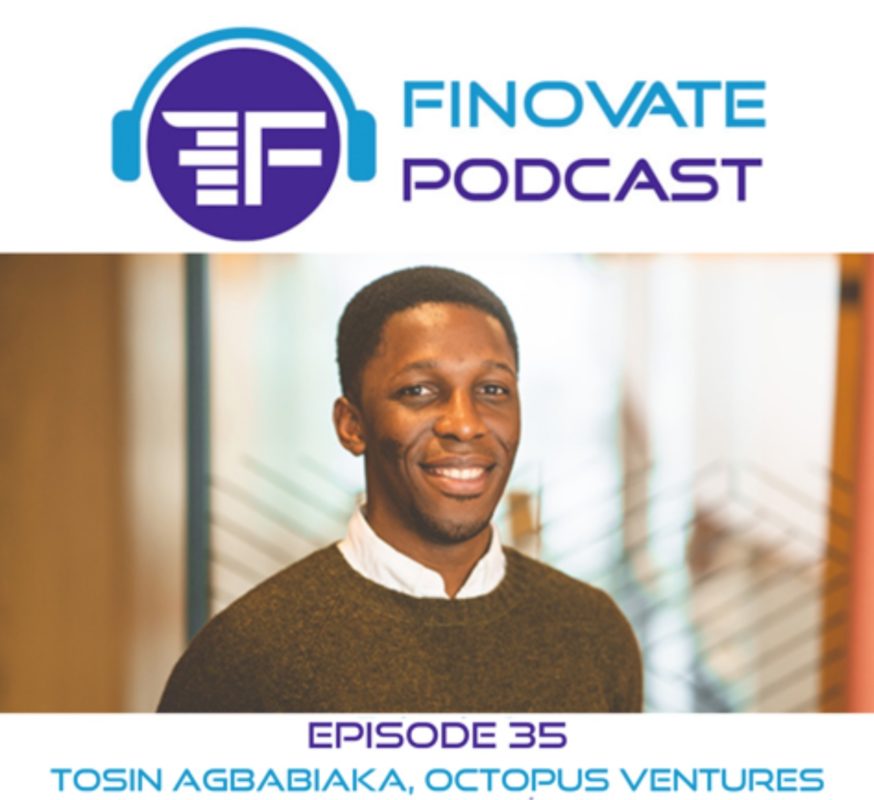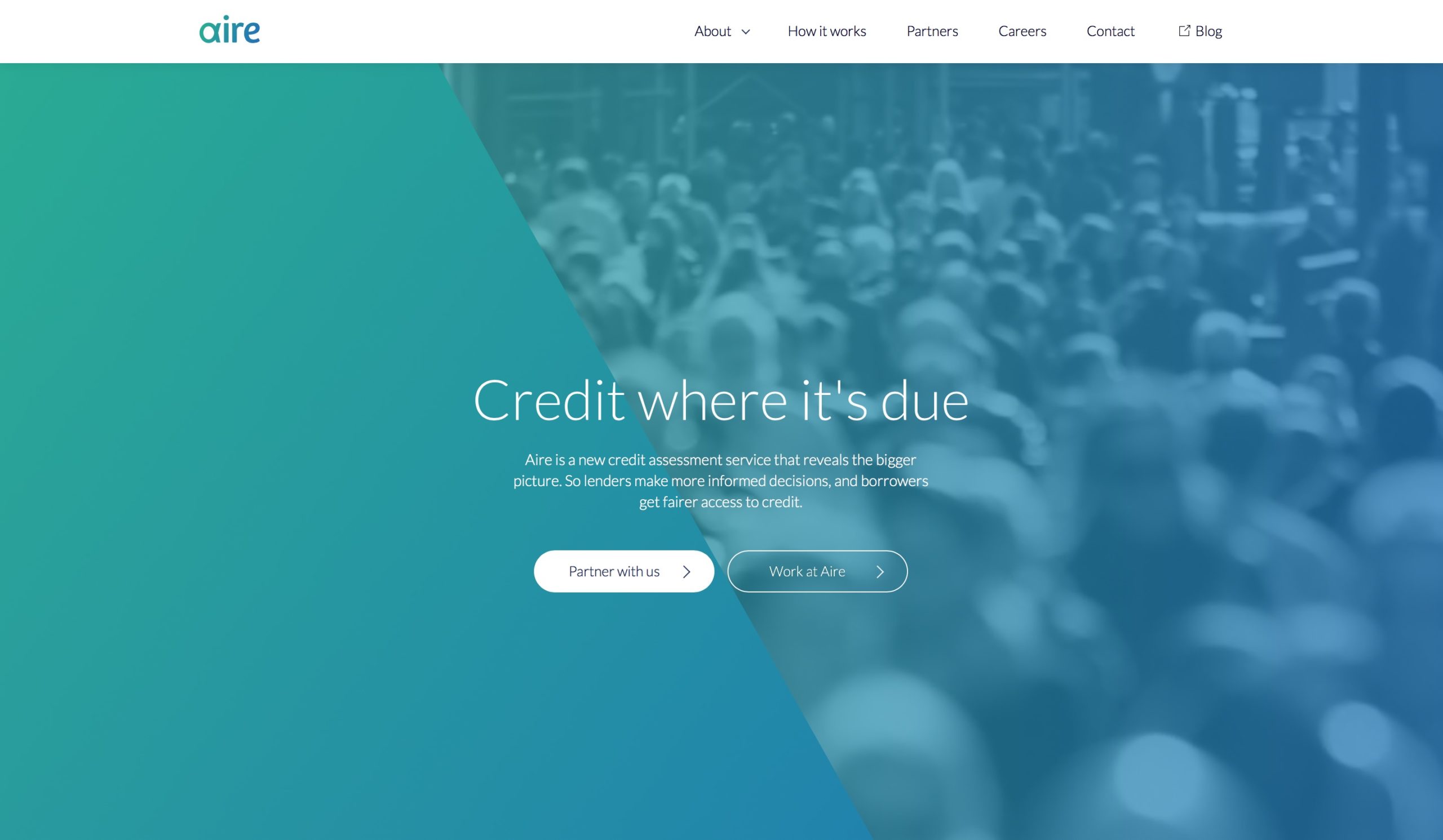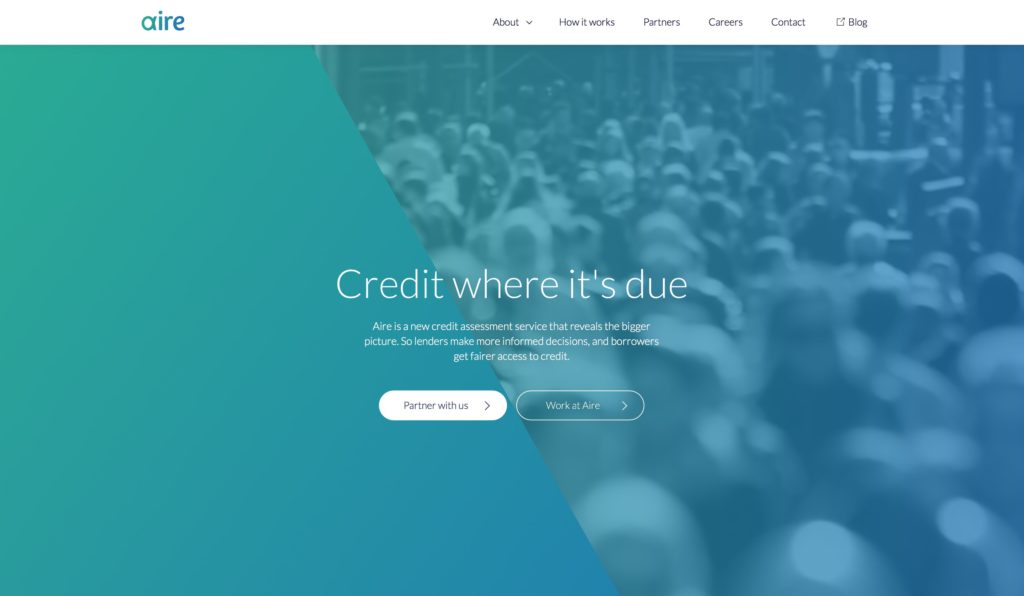
There are two things that the COVID-19 crisis is teaching us. Be careful of what you touch. And be careful of who you are near.
Neither one is a good message for the future of cash nor the bank branch, two staples of 20th century financial life whose demise analysts and prognosticators have been anticipating for decades.
Could a global pandemic that forces society into “social distancing” prove to be the final straw that breaks the back of both our commitment to cash and what’s left of the bank branch?
Cash: The Irresistible Force
For all the innovations in digital payments, and the increasing adoption of these technologies by younger generations, the persistence of cash in modern economies has been impressive. In part, this is because technology has not yet been able to outperform cash where it performs best: convertibility, convenience, and anonymity.
Of late, however, one of cash’s biggest – and probably least considered – downsides has become impossible to ignore: cash is dirty. At the end of the day, regardless of whatever hero, politician, or artistic talent adorns it, cash is a slip of cotton paper passed from hand to hand, over and over again. In a article published in Scientific American three years ago, Dina Fine Maron noted:
The fibrous surfaces of U.S. currency provide ample crevices for bacteria to make themselves at home. And the longer any of that money stays in circulation, the more opportunity it has to become contaminated.
And bad news for those who limit their cash exposure to a “just couple of bucks” for tips and tiny purchases.
Lower-denomination bills are used more often, so studies suggest our ones, fives and tens are more likely to be teeming with disease-causing bacteria. Some of these pathogens are known to survive for months …

Countries around the world have already begun a coronavirus-induced assault on cash, with South Korea’s central bank both quarantining and even burning bank notes, as well as resorting to a “high-heat laundering process” to help stem the spread of the virus. Paper money has faced a similar fate in China, and even the U.S. Federal Reserve is getting into the act (albeit with currency imported from China).
Not everyone believes that COVID-19 will herald the beginning of the end of cash. Maybe it is because of doubts that, as dirty as cash is, paper money may not be a reliable transmitter of viral infection. Possibly, like young revelers at beaches in Florida well into last month, we are just too accustomed to our habits to change.
But again, the emphasis on which “we” is being discussed is probably what matters. While there is a tendency to equate people’s willingness to use digital payments as one of many options with a desire to use digital payment method exclusively, the generational trends away from cash are clear. For those who grow up in a world in which cash is increasingly under assault from one source or another, it may simply be the passage of time that ends up accomplishing what neither global pandemic nor technological innovation – combined – could not.
Branches: The Immovable Object
As thousands of traditionally on-premises employees find themselves working from home, businesses all over the world are seeing a version of themselves that is far less dependent on a brick and mortar presence – let alone multiple ones. In banking, where the value of the local branch office with lobby, tellers, and loan officers is hotly debated, it seems like the COVID-19 crisis will make the case for branches that much more of a challenge to make.
Although essential businesses that are allowed to remain open in most instances during the pandemic, banks have dramatically cut back on access to their physical locations. Often, as is the case with my bank, access is limited to a drive-through window – complete with gloved and masked teller who has you to sign your withdrawal receipt with a branded pen she asks you not to give back.
As someone who still regularly visits his bank branch – and has for decades – I actually found the experience no less impersonal than the ATMs I’ve avoided for years. Could our social distancing response to the coronavirus pandemic encourage a long-time branch-lover like me to stay away? Asked whether the COVID crisis will accelerate the trend toward fewer bank branches, KeyBank EVP and head of digital banking Jamie Warder told The Financial Brand’s Jim Marous that more “thoughtful consolidation” wouldn’t surprise him. But Warder suggested that the world still had a need for the branch, even as it “continue(d) to morph and become more digitized.”

Many innovations in the branch designed to accommodate a more digitally-savvy customer, for example, could survive the demise of the branch. Self-service kiosks that enable bank customers to perform a number of routine banking tasks without the intervention of a human teller could find homes in locations ranging from fitness centers to restaurants and other recreation hubs. The ubiquitous bank branch in any U.S. supermarket of even middling size is a reminder of how compatible these banking kiosks could be with a wide number of environments.
Unfortunately, those innovations that are geared toward making the branch itself a more enjoyable place to spend your time may struggle in the current public health climate. More luxurious accommodations – including addition of full-service cafes – could be a weak draw in a world in which we are conditioned to keep our distance.
The strain between distancing and the branch will be most acute for those who live in communities where the bank branch serves as the center of everyday financial activity. Often this consists of bill payments, check cashing, money transfers, but notably does not include short-term personal loans, a major source of financial activity in many of these communities. While a great deal of time is spent envisioning a Branch 2.0 that would appeal to the digitally-savvy and already well-banked, it may be the case that the future of the branch – to the extent that there is one – is best geared to the real needs of these communities above all others.





